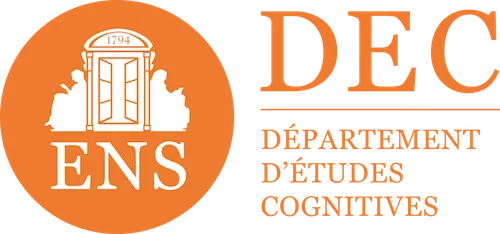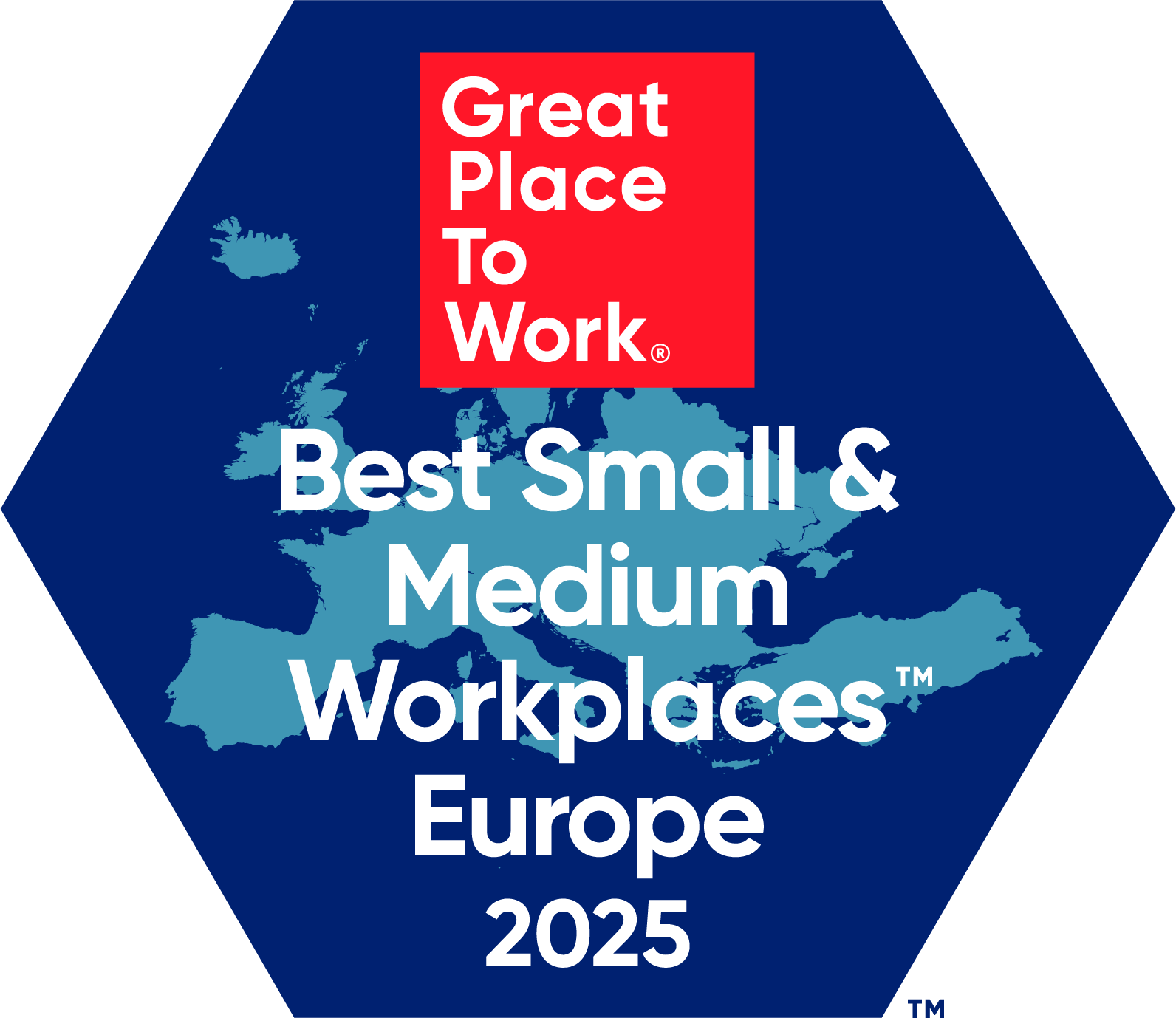

Reconciling efficiency and well-being at work through cognitive science
Cognitive science : understand the limits of your brain in order to better respect them and thus work better and more calmly
With the arrival of digital technology and the automation of a large number of tasks, work is now experiencing a new revolution, of which we are all part. Now, from morning to night, we need to capture, process, and return information. In the middle of these new injunctions, is our brain! This astonishing organ, which took several million years to become a fabulous reasoning machine, is capable of feats, but also has certain limits that work sometimes challenges: acceleration of activities, instantaneity and a culture of urgency, dematerialization of exchanges, dematerialization of exchanges, multiplicity of communication channels, multiplicity of communication channels, permanent staging, digital hyperconnection, etc. Faced with this observation and this tension between brain and work, how can we regain balance? cognitive?
Working memory: limited storage space
La working memory is one of our most extraordinary cognitive systems. It allows the temporary storage of information that comes to us, just enough time to analyze and process it (Baddeley, 1992). This information can come from our environment (the words spoken by my manager during a meeting, the letters that my eyes look through on an email, a smile on my colleague's lips,...) but also from our own thoughts. This is what happens when we reason: each idea is analyzed in working memory and then replaced by the next idea that results from it, etc...
Thus, working memory makes it possible in real time to store the information perceived by the brain so that it can be processed. But be careful! It can only contain a limited number of items, and only for a few seconds! Have you ever forgotten an idea you had just thought of during a conversation? Or that you already can't remember the name of the first of the 5 people you were just introduced to when you arrived at a customer's house? What these situations have in common is a difficulty in recording, analyzing, information that is presented to us in too large a quantity. (Miller, 1956). Some useful information then no longer fits in your working memory!
La cognitive load : mental effort
Thus our working memory is limited, but luckily, a permanent renewal of the information it contains allows us to understand the world in its complexity, and to manipulate a very large amount of information every day. On the other hand, the speed with which we analyze and process this information depends on the treatment cost of this information. A bit like a worker who must assemble parts into a complete object: the more parts there are, the longer and more difficult it will be, unless the worker knows the assembly perfectly or has automated a certain number of processes. This cognitive cost necessary to process the information stored in working memory is what is called cognitive load, or mental load (Sweller and Chandler 1994).
The amount of information that goes into working memory and anything that could make it more difficult to process this information, such as the state of fatigue in which I am, will increase my cognitive load. Conversely, a moderate amount of information, prior knowledge, and any other element likely to facilitate its processing will reduce cognitive load.
Depending on our ability to regulate some of the sources described above, our cognitive load can quickly go from balance to underload when there is too little information or its processing is too easy; or go from balance to overload when our working memory is overflowing with too much or too complex information.
In these two situations of cognitive imbalance, our executive functions are impaired (Braver et al. 1997). Our frontal cortex, a kind of control tower for our brain, will then struggle to perform the many cognitive functions that are under its responsibility: planning, learning, reasoning, etc...

How to regulate? through individual, collective and organizational awareness
Both cognitive overload and cognitive underload are transitory states that we all experience regularly throughout our lives. The problem? It occurs when any of these states comes back continuously and repeatedly over time. One of the keys to performance and well-being at work then lies in our ability to maintain a state of cognitive balance.
But we are not alone in the face of the challenges of balanced cognition at work. In reality, there are two levels of action. The organization first of all, through its ability to create environments, working methods and a corporate culture that take into account the limits of our working memory, for our attention (see our article on attention) and our fatigue (see our article on mental fatigue).
The individual must then learn to listen to his brain and to modify his behaviors. We call it the metacognition. As an athlete does with his body, the man at work can detect the moments when his attention falls, or the Mental fatigue occurs, and adapt your activity: change tasks, take a (good) break, isolate yourself from digital technology, etc... But, at the risk of repeating yourself, this of course presupposes that the individual has a certain margin of maneuver in his work environment!
The key, whether organizational, collective, or individual, therefore lies in understanding our brain, this fabulous organ that regulates all our behaviors, from sunrise to bedtime. And for that, it is up to organizations to empower everyone to learn to listen to their brains.
References
- Baddeley A (1992) Working Memory. Science 255:556 —559
- Braver TS, Cohen JD, Nystrom LE, Jonides J, Jonides J, Smith EE, Noll DC (1997) A parametric study of prefrontal cortex involvement in human working memory. Neuroimage 5:49 —62
- Miller GA (1956) The magical number seven plus or minus two: some limits on our capacity for processing information. Psychol Rev 63:81 —97
- Sweller J, Chandler P (1994) Why Some Material Is Difficult to Learn. Cogn Instr 12:185 —23
Make an appointment directly with our eLearning experts for a demo or simply more information.













